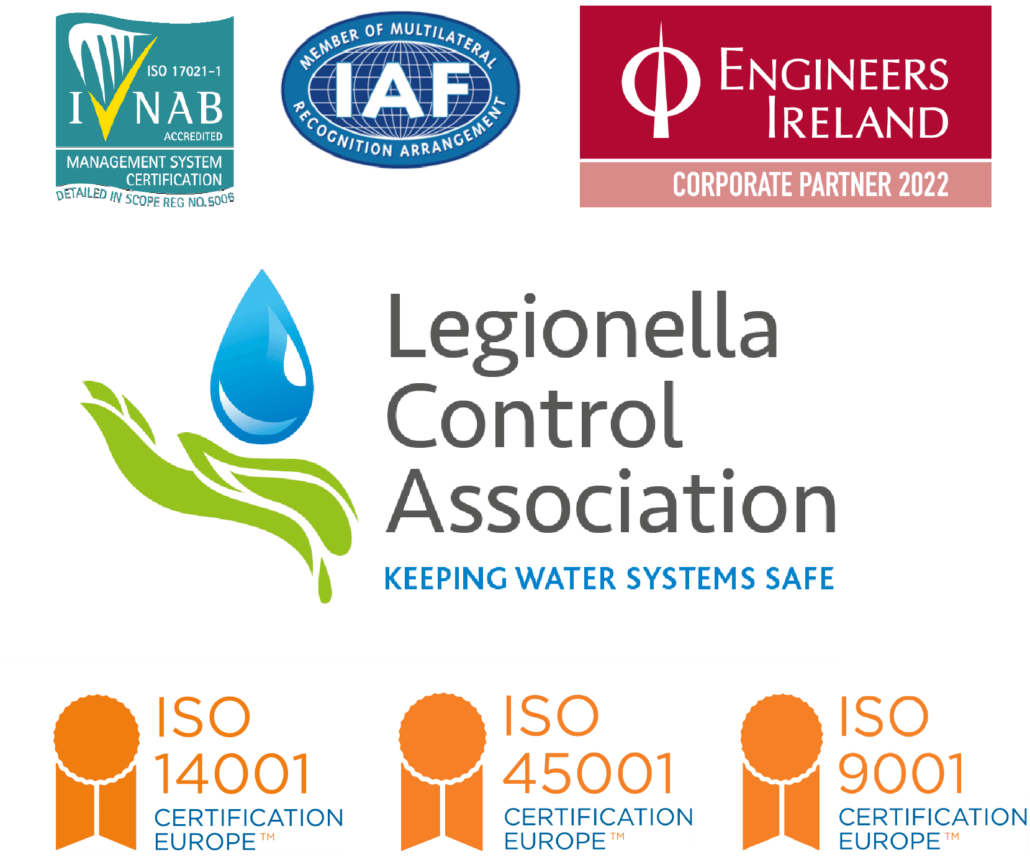Rainwater Harvesting: The Importance and Benefits
With water being our most precious resource on earth, the conservation and sustainable management of water resources have never been more critical. Yet, as demands on water continue to rise, innovative solutions are needed to ensure the availability of clean water for future generations. One such solutions gaining worthy attention is rainwater harvesting.
What is Rainwater Harvesting?
Rainwater harvesting is the process of collecting, storing, and using rainwater for various purposes. It involves the utilisation of rooftops, gutters, and other surfaces to capture rainfall and channel it into storage tanks or reservoirs. From there, the harvested rainwater can be treated or used directly for a wide range of applications.
Applications of Rainwater Harvesting:
Toilet Flushing: Utilising harvested rainwater for flushing toilets helps businesses reduce their reliance on potable water for non-potable tasks, leading to cost savings and sustainable water management.
Cooling Systems: Industrial facilities often require large quantities of water for cooling purposes. Harvested rainwater can serve as a sustainable alternative, minimizing the strain on freshwater sources and promoting environmental responsibility.
Industrial Processes: Certain industrial processes, such as equipment cleaning or dust suppression, can effectively utilize harvested rainwater, contributing to operational efficiency and reducing environmental impact.
The Benefits of Rainwater Harvesting Systems for Businesses:
- Water Conservation
Rainwater harvesting promotes efficient water use and conservation by capturing rainwater that would otherwise flow into storm drains or be lost to evaporation. This conservation helps alleviate pressure on finite water resources and fosters responsible water management practices.
- Cost Savings
Implementing a rainwater harvesting system can lead to significant cost savings for businesses by reducing their reliance on municipal water sources and lowering water bills. The upfront investment in a rainwater harvesting system is often offset by long-term financial benefits, making it a wise investment for businesses looking to optimize their operational expenses.
- Sustainability
Rainwater harvesting aligns with sustainability goals by promoting the efficient use of natural resources and reducing the environmental footprint associated with water extraction, treatment, and distribution. By harnessing rainwater, businesses can demonstrate their commitment to environmental stewardship and corporate social responsibility.
- Quality Improvement
Contrary to popular misconception, rainwater is generally of high quality and suitable for a variety of non-potable applications. By capturing rainwater before it comes into contact with pollutants or contaminants, businesses can maintain water quality standards and reduce the need for extensive treatment. With proper filtration and disinfection measures in place, harvested rainwater can meet the requirements for tasks such as irrigation, cleaning, or industrial processes.
Conclusion
Rainwater harvesting systems offer a multitude of benefits when it comes to sustainable water management solutions. As our global population grows and water resources become increasingly strained, the importance of conserving and efficiently utilising water cannot be overstated. Rainwater harvesting provides a practical and environmentally responsible approach to addressing these challenges, offering tangible advantages across various industries.
From water conservation and cost savings to sustainability and quality improvement, the benefits of rainwater harvesting are clear and compelling. By harnessing the natural abundance of rainfall and integrating rainwater harvesting systems into their operations, you can reduce their environmental footprint, enhance their resilience against water scarcity, and demonstrate their commitment to corporate social responsibility.






